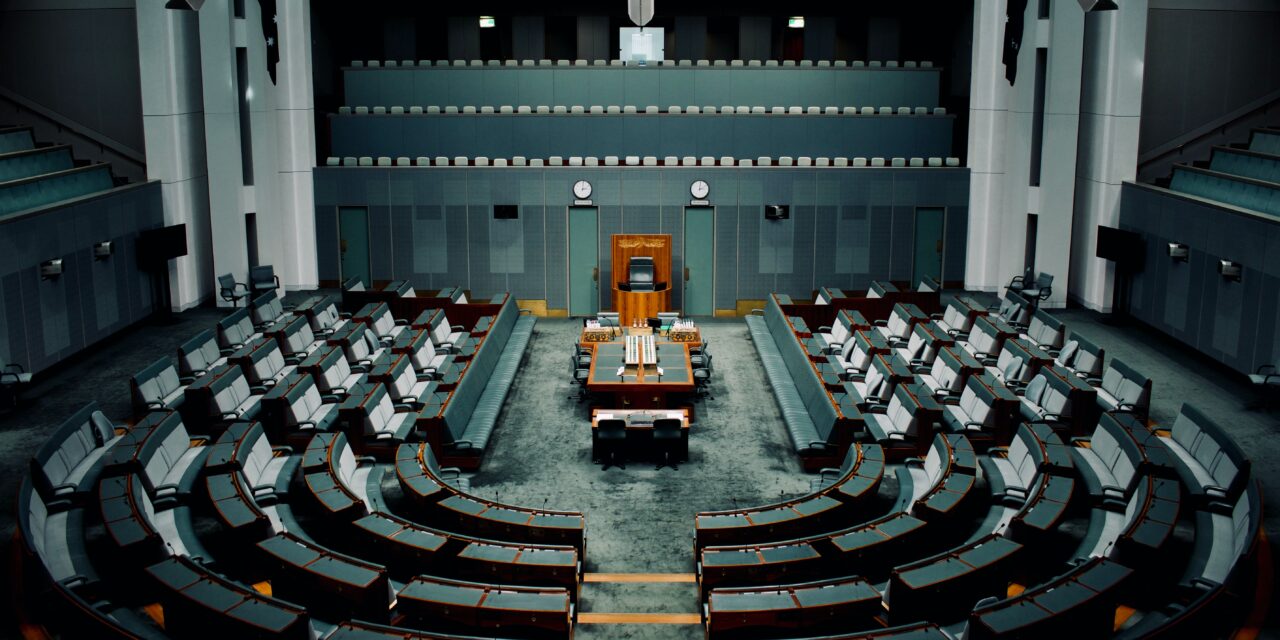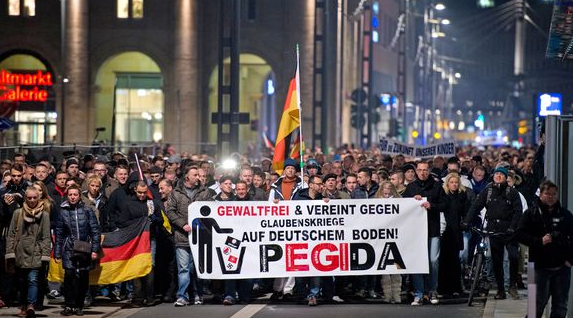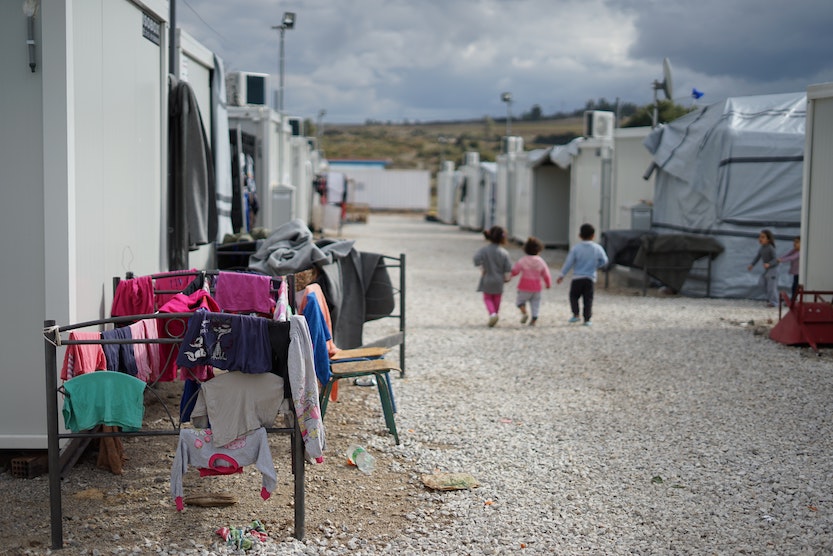This article examines the impact of lawfare, and more precisely, lawfare on Latin American and Caribbean states. Despite the fact that one of the approaches of modern democracies is the separation of different branches of government and the distribution of powers, over the last few decades a strategy has been developed to prevent the full functioning of the executive and legislative ones. This new legal “tool” places the judiciary power at the centre of attention and is called lawfare.
Originating from the words law and warfare, the term had its birth from a military point of view. US General Charles Dunlap popularised the term and saw it as a new military strategy to deal with “attacks” from countries that were holding back US invasion policies. This negative view of lawfare was displaced as the term developed among academics.
The term used in this article is to consider lawfare as a weapon used for political interference and regime change through the judiciary, with the aim of political reconfiguration, especially in Latin American and Caribbean countries.
This reference to South American and Caribbean countries seems obvious if one notes that most cases of lawfare occur in these territories. Cases such as Lula da Silva and Evo Morales, among others, support this idea.
In the case of Lula, he was imprisoned in order to avoid him to run for the next election. The judge was named as judicial minister by the opposing political party due to his actions
on Lava Jato Operation against Lula.
The case of Evo Morales is also considered as a subtype of Lawfare, called electoral lawfare. After a close victory on the elections of 2019, opposition leaders called elections a fraud. Then, they burned electoral emplacements, and they pursued families and people who were related to MAS (Evo Morales political party). Violence got worst and the Commander General of the Armed Forces told Morales to step down his position as president, which he did. In the next days, Jeannine Añez self-proclaimed as president with the vote of just the Evo Morales opponents and not the whole General Assembly.
The use of legal strategies, supported by the judiciary, to overthrow the executive and legislative powers of different states responds to the ineffectiveness of recent military actions by political sympathisers supported by external countries. Similarly, lawfare is also a response to the concern of the existing oligarchies in these countries to maintain their power and privileges at the expense of others.
The more relevant act of lawfare is constituted by the incursions into the government’s affairs, displacing them, by other states. This incursion is seen as a way to put countries on the “right path”, regarding the existence of a “right vote” (as Mario Vargas Llosa once said), because they are not considered prepared to govern themselves in a good way. This idea in the more powerful countries’ imaginary gives them, in their view, the ability to influence the policies of different countries by promoting candidates who support their
policies or help them reach their goals, whether political, economic, or religious.
These new methods aim to destabilise a democratically elected government in such a way that, if they do not lead to their resignation, they will succeed in influencing the opinion of the country’s population. This is achieved to a certain extent by inducing a framework of dialogue in which the future political debate will take place. It is not necessary that the ideas that are transmitted are the truth, but rather to say something so many times that it will be in the subconscious of the collective imagination and in this case, to make use of a framework for the message to be disseminated. (George Lakoff, 2004).
Considering the process of inculcating certain ideas in the civilian population, I personally consider that lawfare is not only of a judicial nature. For me, lawful interference against a legitimate government for the purpose of destabilisation can be carried out by any of the branches of government. If the press, media, and social networks that facilitate the arrival of these messages, are considered as the fourth power, lawfare could be better described as a media-judicial persecution of the political adversary.
This judicial and media persecution has led, among other things, to decay of democratic institutions. A proof to demonstrate this affirmation is the recent distrust on the elections processes around the world regarding their result benefits the political party. It is seen that subjectivity (because everyone has their opinion or interest in political affairs) has controlled the decisions that were mostly better made with total objectivity, provoking a breach of neutrality on legal affairs.
Perhaps with this small article one can understand the importance of the law not only to maintain the society we live in but also to destabilise it in favour of certain interests, leaving behind military assaults and using more a 21st century way. As Victor Hugo said: “We resist the invasion of armies, but we cannot resist the invasion of ideas”.
References:
– Lakoff G, The All New Don’t Think of an Elephant!: Know Your Values and
Frame the Debate (Chelsea Green Publishing 2014)
– Sánchez Tirado Arantxa, El Lawfare: Golpes De Estado En Nombre De La Ley
(Akal 2021)
– Quiroga J, “Lawfare En Bolivia: De La Pesadilla a La Esperanza ”(NODALMarch
12, 2021)
– Mateo JJ, “Mario Vargas Llosa on Colombia Elections: ‘They Have Voted Badly.
Let’s See What Petro Does’” (EL PAÍS English EditionJune 21, 2022) <
https://english.elpais.com/international/2022-06-21/mario-vargas-llosa-oncolombia-elections-they-have-voted-badly-lets-see-what-petro-does.html>
accessed January 21, 2023
Author: Diego Lago Rigueras








